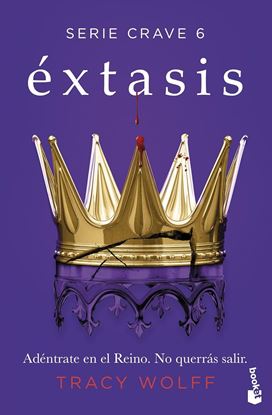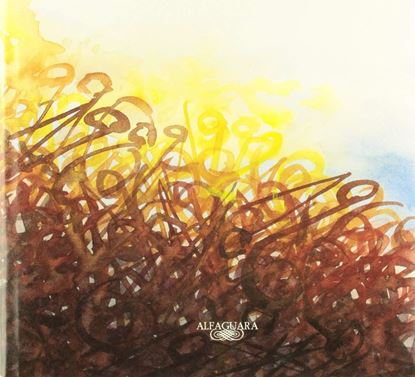

EXTASIS (SERIE CRAVE, 6) (BOL)
Han pasado tres meses desde que mis amigos y yo derrotamos a Cyrus. Tres meses en los que mi mayor temor ha sido lo que vendrá después… Debería haber sabido que esto era demasiado bueno para durar, y ahora todo se está rompiendo en mil pedazos.
No me queda otra opción que volver al Reino de las Sombras y enfrentarme a la terrible reina que casi acaba con todos nosotros. Debo hacer un pacto con ella para salvar a Mekhi, pero esta vez me llevaré a mis poderosos amigos conmigo, y también a Hudson, aunque siento que le pasa algo raro; nos está ocultando un secreto, incluso a mí.
850
ESTUCHE AGATHA CHRISTIE Y EL CINE
Un estuche muy especial que presenta las novelas Asesinato en el Orient Express, Muerte en el Nilo y Las manzanas (en la que se inspira Misterio en Venecia, la última gran película de Kenneth Branagh), tres obras fascinantes para disfrutar del ingenio de la Gran dama del Crimen.
3,300
MI SIGLO - ILUSTRADO
No son en realidad cien relatos (uno para cada año) los que componen el libro, sino más bien cien viñetas, cien escenas, cien grabaciones que reflejan, cada una, un momento histórico determinado.
En esta supuesta transcripción de múltiples voces que recorren escalas sociales y geografías diversas, no hay nada de moralizador, aunque se advierta siempre detrás un pensamiento crítico y una ironía. «Yo, intercambiado conmigo, estuve presente año tras año», es el comienzo significativo.
Como de costumbre, Grass confía en sus lectores y no cree necesario explicarles cada personaje ni decirles en qué contexto han de situar cada frase, sabiendo que su libro podrá leerse a distintos niveles de conocimientos históricos y experiencia política.
1,350











